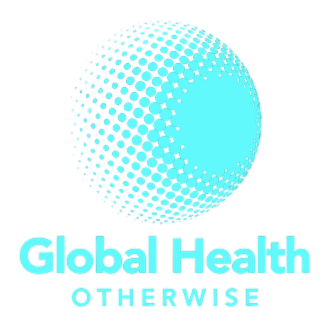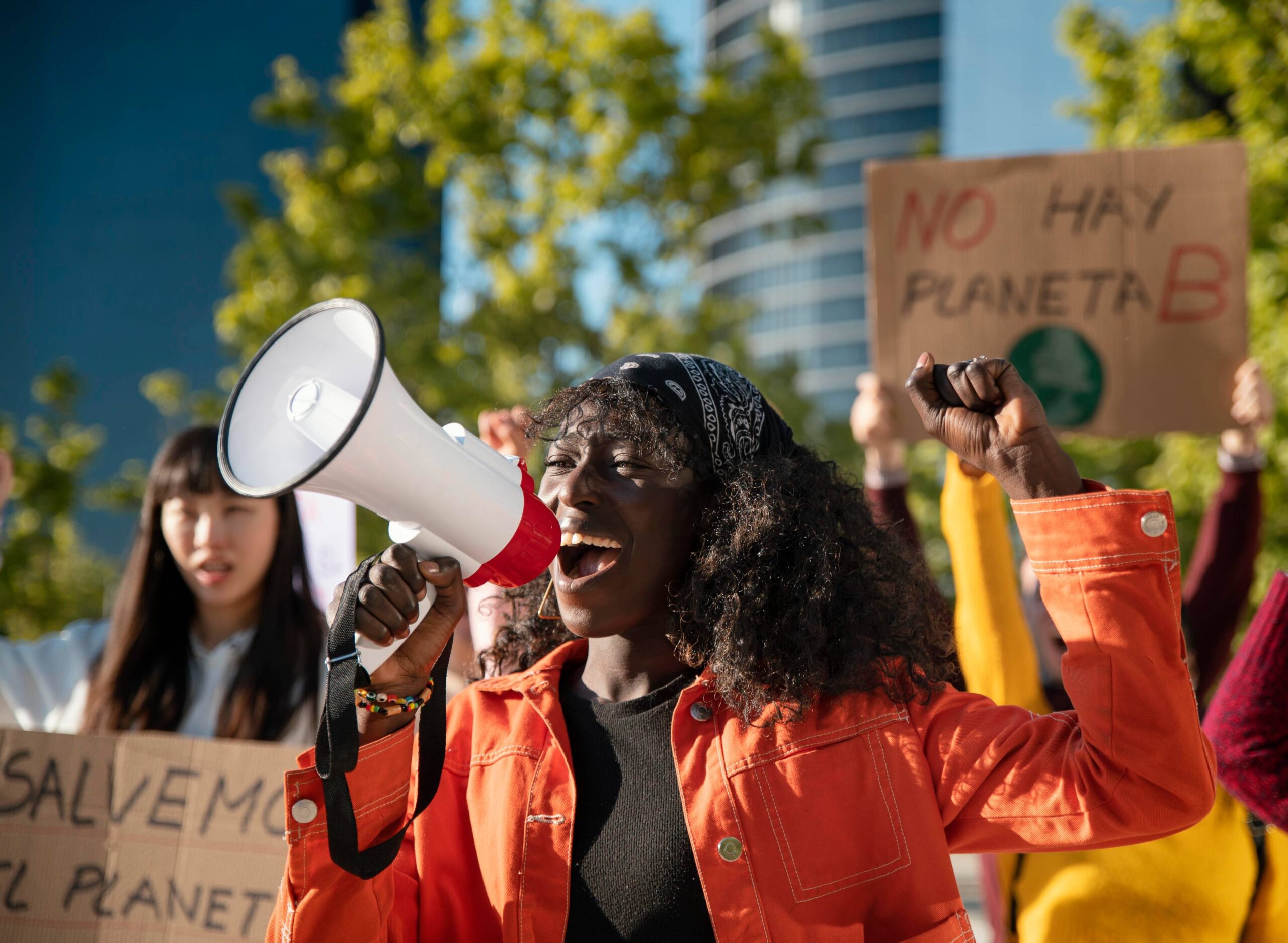Global health remains dominated by wealthy nations, often excluding the expertise of those in the Global South.
Asante and colleagues (2025) highlight this imbalance, noting that biomedical research and policymaking conferences on African health are frequently held in the Global North, while Africa-focused interventions remain led by foreign institutions.
This reflects a broader pattern of extractivism—where knowledge is taken from local communities without granting them real decision-making power. The authors argue that true decolonization requires addressing power and resource asymmetries, ensuring civil society in the Global South shapes policies affecting them.
The WHO sets a positive example by equitably involving patient advocates, but most nonprofits fail to follow suit.
Funding disparities worsen the issue, with only 6% of U.S. grants for African health reaching African organizations. A just system demands fair compensation, local leadership, and the integration of traditional and modern medicine.
Ending inequities means shifting power—valuing lived experience, redistributing resources, and centering Global Southern voices in health governance. Only then can colonial legacies be dismantled.
Original Link: https://lnkd.in/dtAnxJWS
Kwanele Asante, Francis Chinegwundoh, and Rachel Hammonds Luchuo Engelbert Bain Nigeria Health Watch EUPHA – European Public Health Association IOSHM (Institution of Occupational Safety & Health Management) American Public Health Association Society for Social Medicine & Population Health Students for Global Health International Society of Global Health Doctors for Global Health IFMSA | International Federation of Medical Students’ Associations Public Health Insight Global Health Council Global Health Association of Kenya (GHAK)
SOURCE: https://www.linkedin.com/feed/update/urn:li:activity:7348697445884649476

